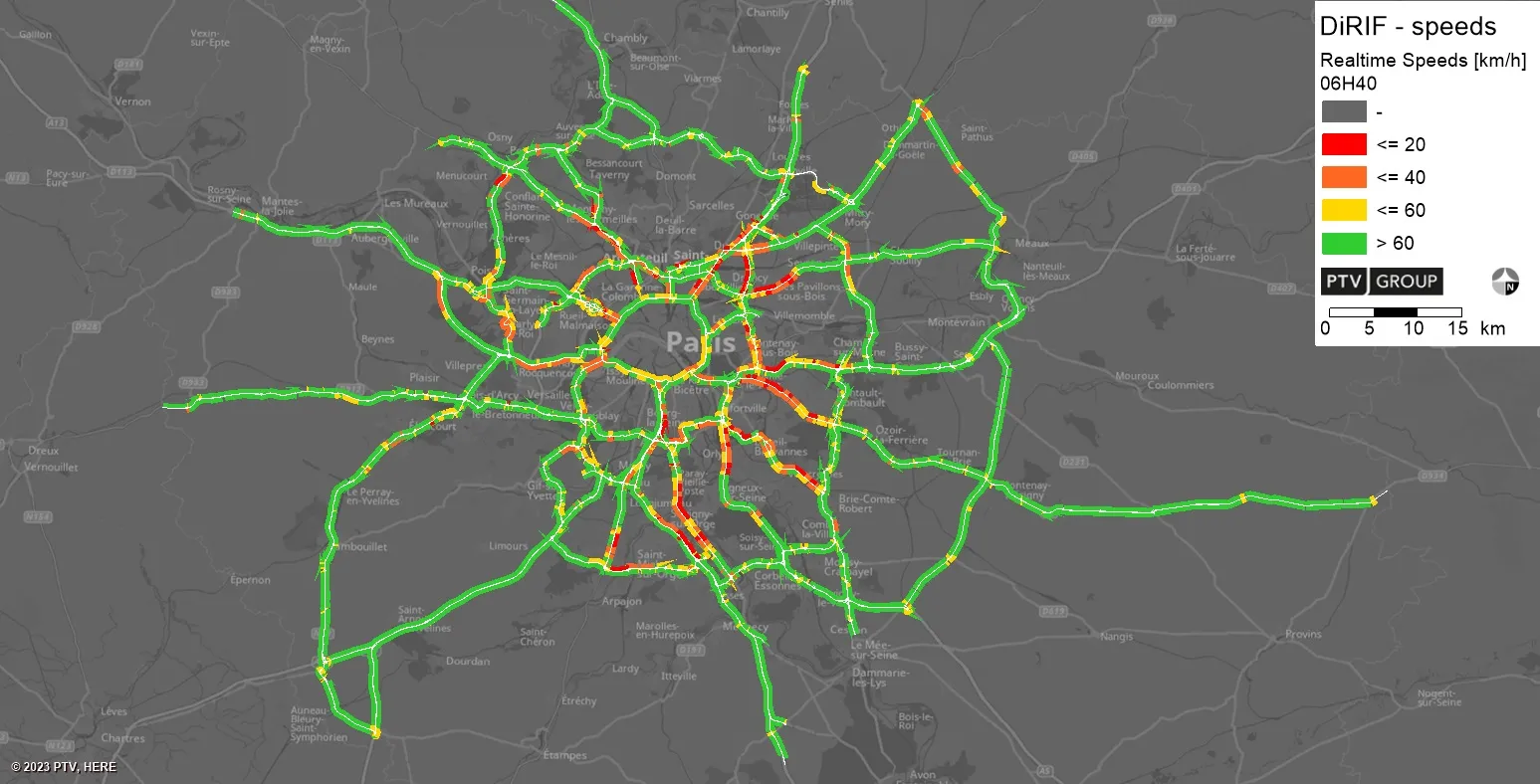Studies show that bottlenecks are the single biggest contributor to road delay, far outpacing traffic accidents, inclement weather and construction. The report provides data-based evidence for decision-makers to use when making decisions on infrastructure investment and environment policy. It includes the cost to Canadians of these bottlenecks in terms of lost time, productivity and added greenhouse gas emissions.
“Traffic congestion is a major source of stress for Canadians. Our study concludes that traffic bottlenecks affect Canadians in every major urban market, increasing commute times by as much as 50 per cent,” said Jeff Walker, vice-president of Public Affairs for CAA National. “Reducing these bottlenecks will increase the quality of life for millions of Canadians, save millions in fuel costs and reduce greenhouse gases, helping contribute to Canada’s climate change commitments.”
Toronto has ten bottlenecks in the top 20, Montreal five, Vancouver four and Quebec City one. Other cities such as Calgary, Edmonton, Regina, Winnipeg, Ottawa and Halifax also experience serious traffic delays.
Study identifies Canada’s worst traffic bottlenecks
Canada’s top 20 most congested traffic bottlenecks may cover just 65 kilometres, but they collectively cost drivers over 11.5 million hours and an extra 22 million litres of fuel per year. These are two findings of Grinding to a Halt, Evaluating Canada’s Worst Bottlenecks, released by the Canadian Automobile Association (CAA).
Studies show that bottlenecks are the single biggest contributor to road delay, far outpacing traffic accidents, inclement weather and construction. The report provides data-based
January 12, 2017
Read time: 2 mins
Canada’s top 20 most congested traffic bottlenecks may cover just 65 kilometres, but they collectively cost drivers over 11.5 million hours and an extra 22 million litres of fuel per year. These are two findings of Grinding to a Halt, Evaluating Canada’s Worst Bottlenecks, released by the Canadian Automobile Association (CAA).










